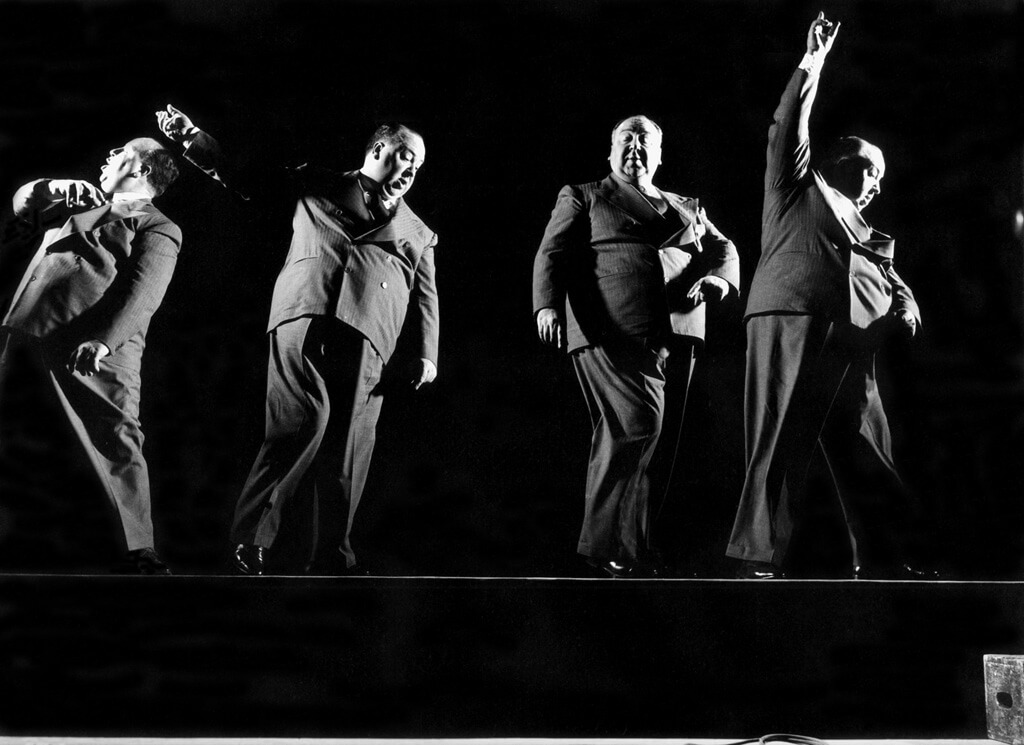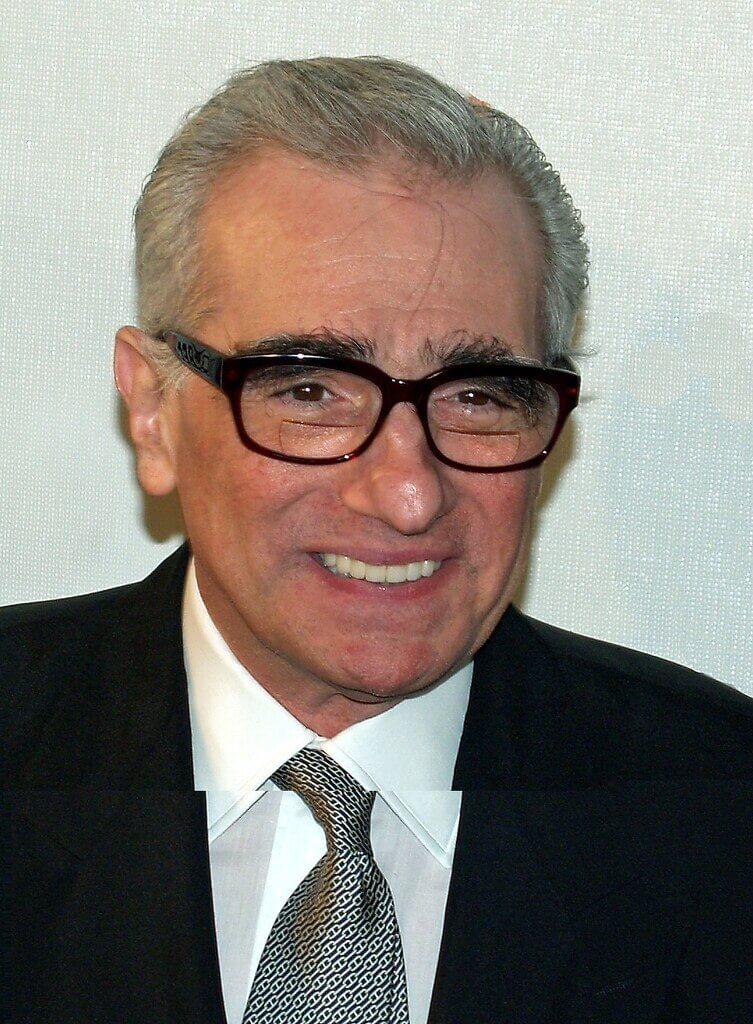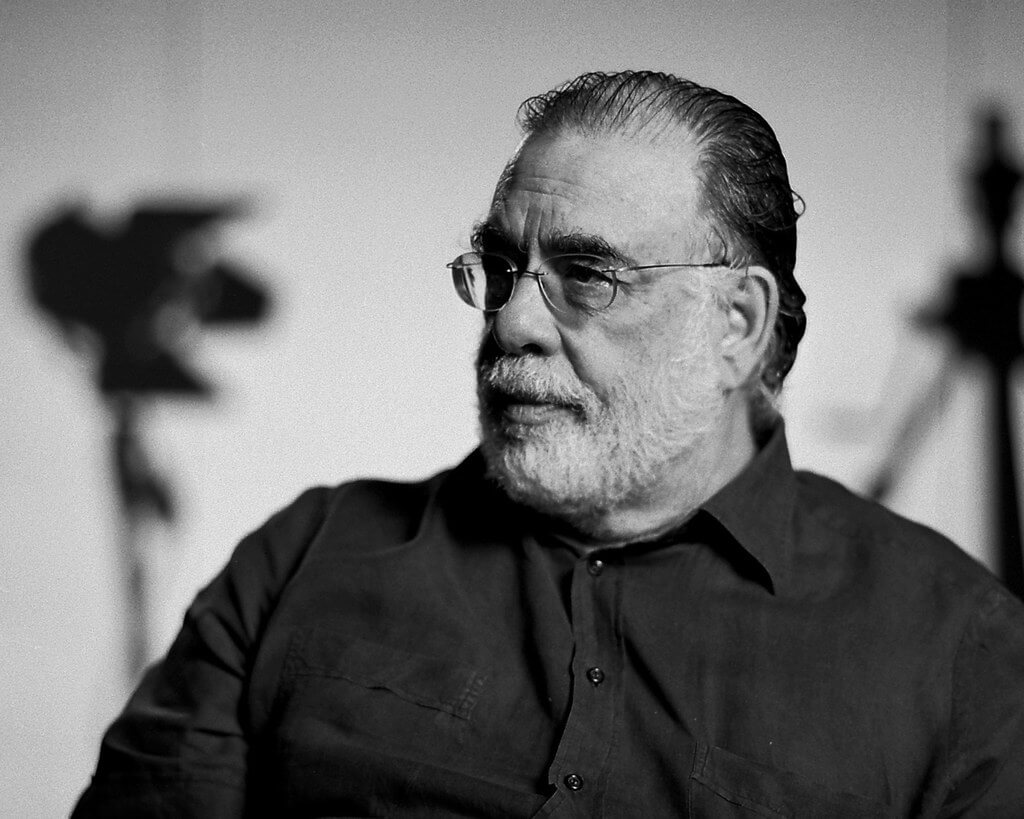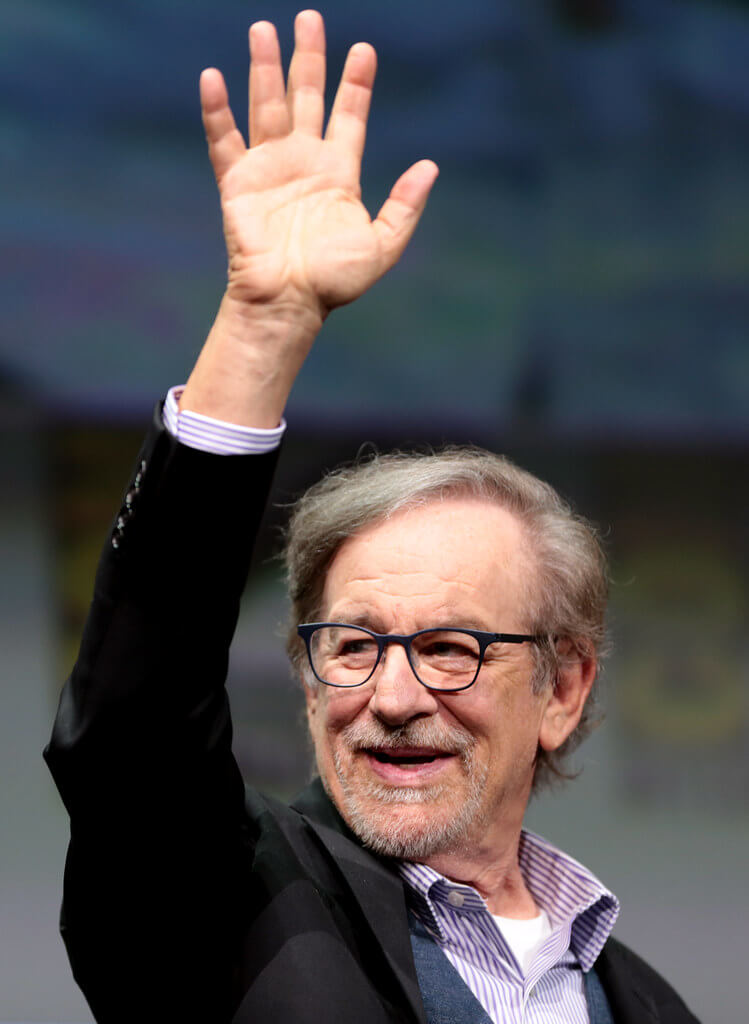
Best Movie Directors Of All Time: Top 5 Filmmakers, According To Experts
Who doesn’t love a great movie? And behind the making of our favorite films are dedicated crews led by visionary directors, and while we all have our favorites, there are those that definitely stand out from the Hollywood crowd. However, with such a large pool of talent attaining world-wide fame over several generations, deciding which are the best movie directors of all time is quite a task.
Movie directors are more than the ones who call “action” on set, as the best among them will take part in virtually every artistic, technical, and dramatic decision to bring their dreams to life on screen. So, while some movie promotions need to focus on an action hero, leading lady, or a great villain to get people to the cinema, others can rely solely on a director’s name to see full houses all around.
And while a 2017 study tells us that movie goers and critics don’t always agree on what’s a good film, it never hurts to check out official movie reviews to see which directors have a new project out. So don’t be shy about sharing which directors are most likely to make you grab your popcorn no matter what they create, as you might inspire someone else to check out their work.
With so many amazing directors from the past and present, you might be wondering where to start when it comes to naming the top few. StudyFinds consulted 10 expert websites to come up with our list of the best movie directors of all time. Tell us who you think deserves an honorable mention in the comments below.
The List: Best Movie Directors of All Time, According to Experts
1. Alfred Hitchcock
This British-born director became the iconic “master of suspense” in Hollywood. He pushed the boundaries of conventional storytelling and he pioneered new cinematic techniques that have influenced directors ever since. “Hitchcock was a master of pure cinema who almost never failed to reconcile aesthetics with the demands of the box-office,” writes IMDb.

ScreenCraft says there’s “no doubt that Hitchcock is one of the greatest film directors ever and in several different eras of cinema. … Hitchcock virtually was the 1950s in America, as his succession of ‘suspense’ classics, from Rear Window (1954) to Vertigo (1958) and North by Northwest (1959), were the finest cinematic expression of the existential fear that gripped humanity in the decade after Hiroshima. And in Psycho (1960), he effectively eschewed suspense and created the horror genre.”
“Hitchcock will forever be one of the greats because of his sheer brilliance in his craft,” adds Parade. “His movies unfold with the utmost confidence, enabling audiences to put their blind trust in him. And his set-pieces … resemble our most haunting nightmares.”
2. Stanley Kubrick
With an ambitious and unique vision for every project he took on, he wasn’t afraid to push boundaries and explore the extremes of the human condition. Among his most famous films, “2001: A Space Odyssey” (1968), “The Shining” (1980), and “Full Metal Jacket” (1987) stand out as triumphs.
“Of all famous directors, Kubrick is routinely noted as one of the best directors of all time,” gushes Video Collective. “The American director has worked within a variety of genres from the 1950s to the 1990s. … Kubrick was also famously controversial with his film themes and rigorous work methods. However, his films have continued to find an audience even after his death.”
“If we can agree on the qualities that great directors must have, Kubrick simply checks all of the boxes,” writes Studio Binder. “Kubrick’s fascination with cameras and lenses, along with his background in photography, makes his composition, framing, and lighting second to none. … In 13 films over 46 years, Stanley Kubrick perfected the art of cinema.”
No matter how deeply it cuts, we keep coming back for more,” notes Entertainment Weekly. “With precise, surgical shock, he creates moments that embed themselves in our consciousness. … His films pay chilly witness to the joys, terrors, and consequences of one’s dehumanization.”
3. Martin Scorsese
A master storyteller, he’s one of the best directors of all-time when it comes to gangster films. Some of his most iconic films include “Taxi Driver” (1976), “Goodfellas” (1990), “Casino” (1995), and “The Wolf of Wall Street” (2013). Parade writes, “From his early work of 1973’s Mean Streets and 1974’s Alice Doesn’t Live Here Anymore to his most recent 2019 epic The Irishman, Scorsese has continued to stay relevant as he pushes boundaries.”

According to The Cinemaholic. “He takes challenging projects and genres and makes it his own … He is the only director working for more than 40 years and yet hasn’t lost the touch with either the audiences or the critics.”
And ScreenCraft states, “Perhaps most impressively of all, Scorsese showed that he could thrive not only in a new decade but in a whole new millennium, as he has experienced a late, great phase in which he has produced works comparable to his very best films of three or four decades earlier.”
4. Francis Ford Coppola
He’s often considered a visionary who raised the bar for artistic cinema. While he is perhaps best known for directing “The Godfather” (1972 and 1974, and 1990) trilogy, he also directed “The Outsiders” (1983), “Bram Stoker’s Dracula” (1992), and “Apocalypse Now” (1979). “Before he changed the game with The Godfather, Francis Ford Coppola was making low budget ‘B’ movies. And then he just kept making masterpieces,” writes Studio Binder.

“Adjectives accrue to him like thistles on a bear: talented, profligate, hapless, visionary, familial, idealistic, and self-indulgent,” states Entertainment Weekly. “Of the triumphant triumvirate of California film school grads, Coppola is the only one who has followed his artistic impulses.”
And Screen Rant writes, “Along with directors like Martin Scorsese, Francis Ford Coppola was partly responsible for the peak of the mobster crime-drama genre. Coppola did so by giving the medium perhaps the greatest pair of mobster movies ever made.”
5. Steven Spielberg
As the most commercially successful director ever, Spielberg has been an icon in the film industry for decades. Some of his most famous films include “E.T. The Extra-Terrestrial” (1982), “Jurassic Park” (1993), and “Saving Private Ryan” (1998). As Video Collective notes, “The American film director is responsible for Hollywood’s biggest blockbusters.”

“One of the most influential personalities in the history of cinema, Steven Spielberg is Hollywood’s best known director and one of the wealthiest filmmakers in the world,” writes IMDb. “He has an extraordinary number of commercially successful and critically acclaimed credits to his name, either as a director, producer or writer since launching the summer blockbuster with Jaws (1975), and he has done more to define popular film-making since the mid-1970s than anyone else.”
“Shunned and disparaged by film experts and intellectuals for being ‘artistically hollow’ and financially successful, Spielberg is unarguably one of the few American filmmakers who have bridged the gap between commercial cinema and art,” states The Cinemaholic. “Spielberg has relentlessly dismantled the conventional notions of commercial blockbusters, while displaying an uncanny command over his craft. In a career spanning five decades, Spielberg has successfully experimented with genres and themes; but it is his 1993 Holocaust movie, ‘Schindler’s List’ that stands out as his crowning achievement.”
You might also be interested in:
Sources
Note: This article was not paid for nor sponsored. StudyFinds is not connected to nor partnered with any of the brands mentioned and receives no compensation for its recommendations.
